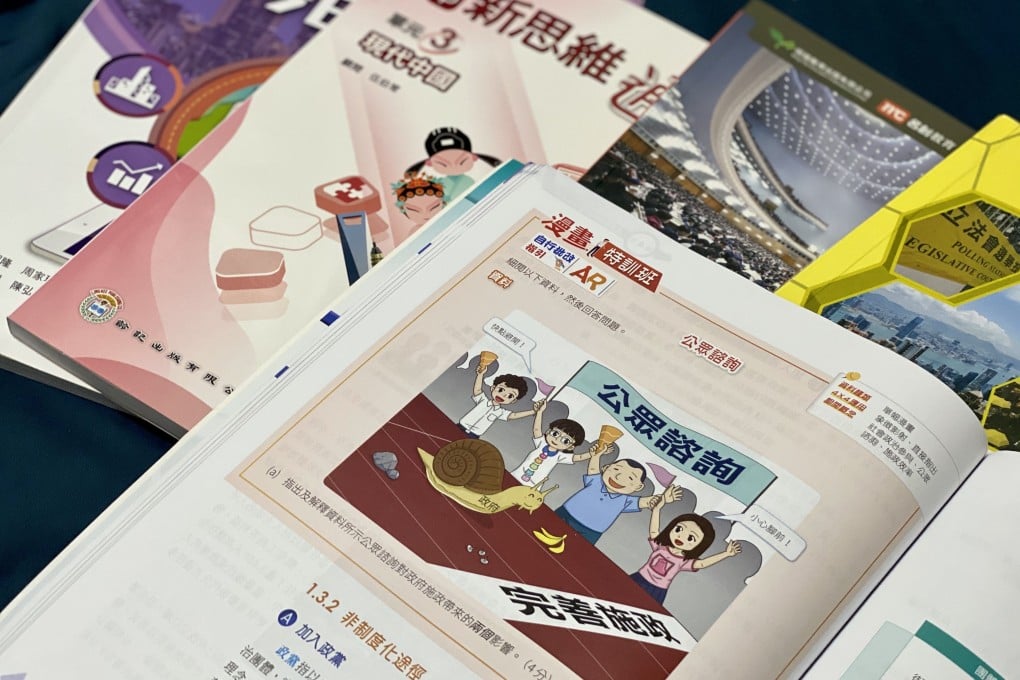Hong Kong’s liberal studies to be renamed ‘citizenship and social development’ as part of massive overhaul
- Other changes being floated include introduction of new elements on patriotism, national development and lawfulness
- Subject for senior secondary school students has been blamed by pro-establishment lawmakers for encouraging violence among young people

Hong Kong’s controversial liberal studies subject will be renamed “citizenship and social development” with the revamped programme rolling out in September at the earliest, curriculum advisers announced on Wednesday.
The Curriculum Development Council, the government advisory body which decided on the new name, also endorsed earlier proposals that the senior secondary school subject would cover only three themes, namely Hong Kong, the nation, and the contemporary world, down from the existing six themes.
Modules to be scrapped include a section covering issues related to personal development and interpersonal relationships.
A month-long consultation with schools over the changes concluded early this month. Other names for the subject that were considered were “citizenship and nation”, “nationals and society”, “citizenship and culture” and “social studies”.
The next step requires the Education Bureau to accept the council’s recommendations and implement the changes for the 2021-22 academic year, which begins in September.